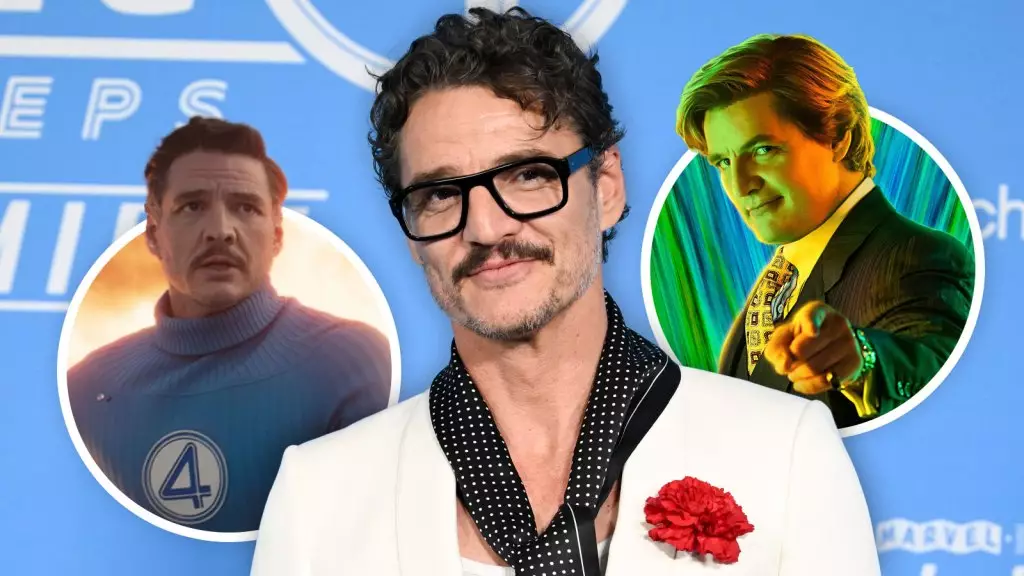Pedro Pascal’s journey from DC’s *Wonder Woman 1984* to Marvel’s *The Fantastic Four* exemplifies an actor unafraid to confront his own physicality and public perceptions. His candid reflections on his appearance during *Wonder Woman* reveal a man deeply aware of how image influences an actor’s career. Pascal admits to feeling “appalled” by his look, particularly his facial hair, which he describes as “shit,” emphasizing a raw honesty that’s rare in Hollywood interviews. Such self-criticism underscores the pressures actors face to maintain a certain aesthetic standard, often tied to fan expectations and industry norms.
What’s compelling is Pascal’s refusal to conform to superficial beauty standards—even if it means resisting the urge to shave. His comment about preferring a “strongly disagree” stance with being clean-shaven hints at a deeper conviction: authentic self-presentation matters more than societal validation. This attitude is refreshing and perhaps crucial in a time when Hollywood’s obsession with youth and polish can sometimes undermine genuine individuality. Pascal’s experience suggests that embracing one’s true look, imperfections and all, can be a powerful form of rebellion against an industry often driven by superficial ideals.
From Criticism to Confidence: Pascal’s Evolving Image
His recent casting in *The Fantastic Four* faced its own share of backlash. Critics questioned his age, physical appearance, and even his suitability for the role of Reed Richards, also known as Mr. Fantastic. Pascal’s response—acknowledging the criticism and expressing self-awareness—is a bold stance that communicates confidence without arrogance. It’s a reminder that fame often entails navigating a barrage of judgments, yet maintaining one’s integrity requires resilience.
Interestingly, Pascal’s openness about his elastic abilities and metaphorical inspiration from the octopus signals an inventive approach to acting. Rather than adhere strictly to physical stereotypes, he emphasizes intellectual and creative aspects, aligning with a modern understanding of superheroes as complex, multidimensional characters. His approach not only defies traditional masculinity stereotypes but also invites audiences to see superheroes as embodiments of intellect, agility, and adaptability—traits Pascal clearly identifies with.
Reimagining the Superhero Archetype
As Pascal prepares to return to the superhero universe in *Marvel’s The Fantastic Four: First Steps*, his journey illustrates a broader evolution in how actors approach these roles. The new Marvel film boasts an eclectic cast, aligning with a trend toward diversity and complexity in superhero storytelling. Pascal’s willingness to critique himself and challenge industry expectations makes him an ideal figure to push these boundaries further.
Ultimately, Pascal’s confidence in his look and his readiness to face criticism exemplify a shift toward authentic self-representation. His candidness about facial hair, age, and physicality encourages a broader conversation about the standards set within Hollywood and superhero franchises. Instead of conforming blindly, Pascal exemplifies an empowered path—one where talent, personality, and authenticity triumph over superficial conformity. As audiences grow more receptive to nuanced portrayals and genuine actors, Pascal’s career may serve as a beacon for others seeking to redefine what it means to be a hero, both on and off the screen.

